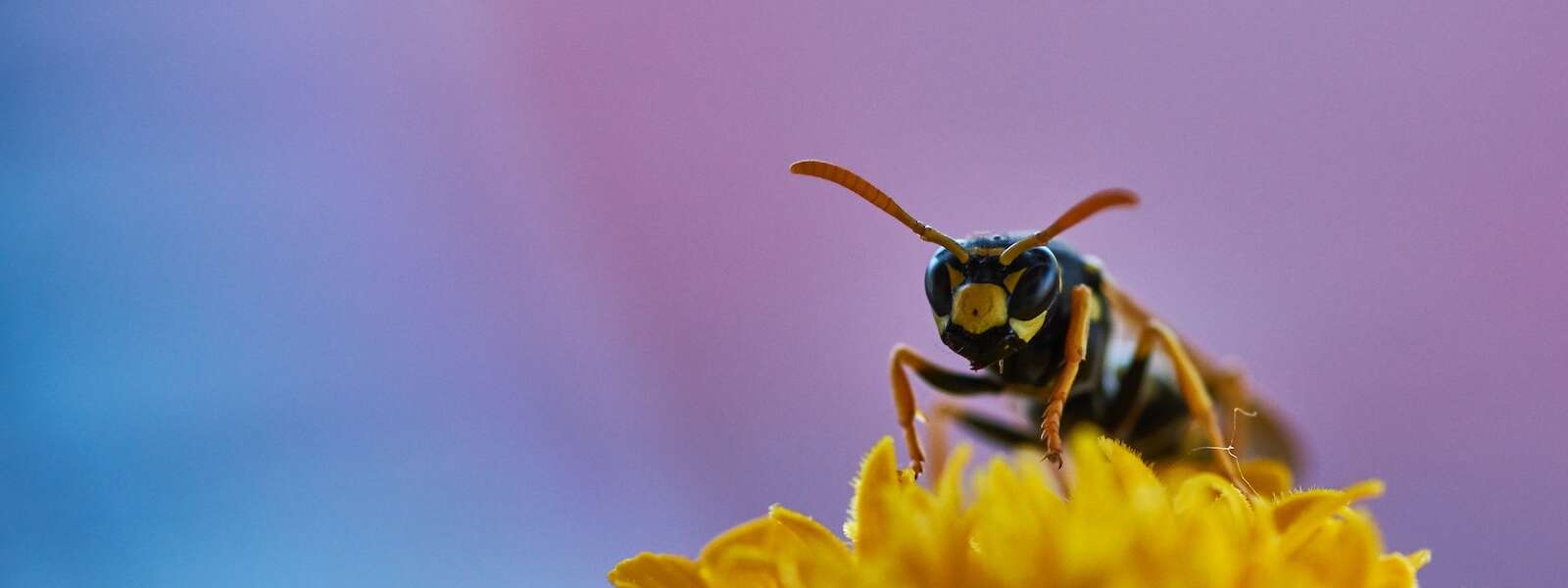News of an invasive hornet found this week in the southern United States wasn’t entirely surprising to Dr. Gard Otis, University of Guelph professor emeritus in the School of Environmental Sciences.
In a review article this spring in the journal Frontiers in Insect Science, Otis and co-authors said it was “highly probable” the yellow-legged hornet would end up in North America. Originally from Asia, the insect had already invaded Europe.

The yellow-legged hornet was found early this month in Savannah, Georgia, the first time the non-native species has been spotted in the U.S.
Beekeepers and regulatory authorities in the state say the honeybee predator, also called the “bee hawk,” threatens agriculture, honey production and native pollinators. Although the hornet can be dangerous for humans, authorities are most concerned about Georgia’s bee population and have asked people to report sightings to the state’s agriculture department.
In their review of hornet invasions, the scientists said the most serious earlier European colonization was by a mated queen of the species. “The most likely regions to become invaded, based on climate and volumes of commercial transoceanic shipping, are southeastern U.S. and southeastern Australia,” they wrote.
“At this time of year, the hornets discovered in Savannah, Georgia, would almost certainly be workers from a nest established by a queen that likely arrived accidentally in cargo shipped to Savannah last winter,” Otis said. “The hope of regulatory agencies is that they can locate and destroy any nests before they begin to produce new queens.”
He said climate modelling has indicated that the Pacific Northwest, including coastal British Columbia, is also suitable for this exotic hornet’s survival. Otis said the predator is much less likely to survive if it were to reach Southern Ontario.
“We are not happy that Vespa velutina has colonized the U.S.,” he said, adding “it was rather serendipitous that our review of the invasion potential of hornets was published only a few months prior to the detection of the hornets.”
A long-time expert on behavioural ecology and apiculture in the Ontario Agricultural College, Otis is an adjunct researcher in the Institute of Bee Health at the University of Bern in Switzerland.
He is available for interviews.
Contact:
Dr. Gard Otis
gotis@uoguelph.ca
